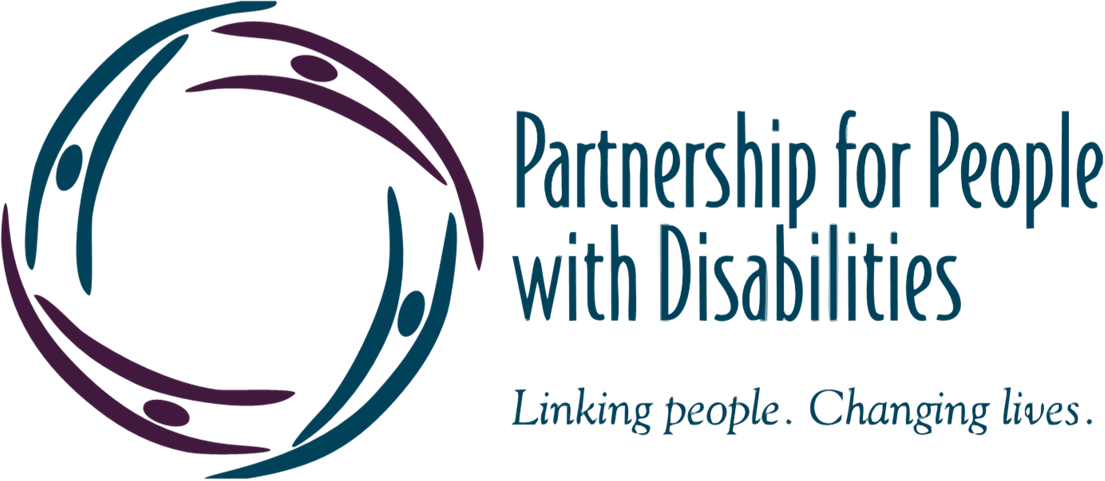ExceLens
University Centers for Excellence in Developmental Disabilities (UCEDDs) aim to positively affect the lives of people with disabilities by building and strengthening systems that support full community participation. These activities are carried out in alignment with the DD Act (hyperlink) through the UCEDD core functions which include: (1) interdisciplinary training including continuing education; (2) community service including training, technical assistance, model, and demonstration services; (3) research including evaluation, and analysis of public policy; and (4) information dissemination. The ExceLens series highlights the valuable work of the UCEDDs within university systems, the community, and in the lives of people with disabilities across the lifespan and their family members
VCU UCEDD: Partnership for People with Disabilities
 Since 1963, University Centers for Excellence in Developmental Disabilities Education, Research, and Service (UCEDD) have been working to accomplish a shared vision that foresees a nation in which all Americans, including Americans with disabilities, participate fully in their communities. Independence, productivity, and community inclusion are key components of this vision. Currently, sixty-seven UCEDDs in every state and territory are located in a university setting. The Partnership for People with Disabilities is Virginia's UCEDD.
Since 1963, University Centers for Excellence in Developmental Disabilities Education, Research, and Service (UCEDD) have been working to accomplish a shared vision that foresees a nation in which all Americans, including Americans with disabilities, participate fully in their communities. Independence, productivity, and community inclusion are key components of this vision. Currently, sixty-seven UCEDDs in every state and territory are located in a university setting. The Partnership for People with Disabilities is Virginia's UCEDD.
Leadership for Empowerment and Abuse Prevention (LEAP)
LEAP stands for Leadership for Empowerment and Abuse Prevention and provides training on healthy relationships and information about preventing abuse for adults with intellectual disabilities. Developed in collaboration between VCU's School of Social Work and the Partnership for People with Disabilities, LEAP provides training on healthy relationships and information about preventing abuse to adults with disabilities. LEAP was developed by a multidisciplinary team that included people with disabilities and their families, along with representatives from domestic violence, child advocacy, social services, health, LGBTQ+ and disability advocacy agencies. People with disabilities have been involved in every aspect of LEAP's implementation and are essential members of LEAP's training teams.
LEAP trainers teach participants about:
- Healthy, unhealthy, and confusing relationships
- Asking permission before touching and different ways to say “no”
- Identifying feelings and physical signs associated with being uncomfortable
- How to get help and what it means to trust someone and who should be trusted
More Information:
- For more information on LEAP please contact Parthy Dinora
- Leadership for Empowerment and Abuse Prevention (LEAP) Website
- Please send any questions, comments, related resources, or stories you would like to share to the URC team at AUCD.